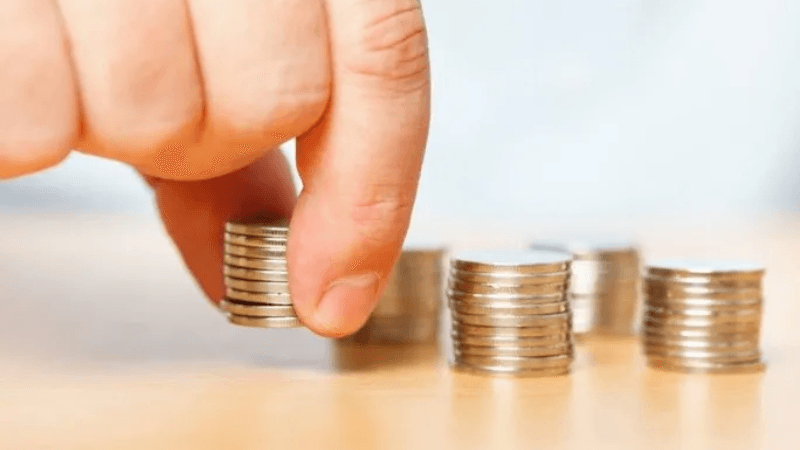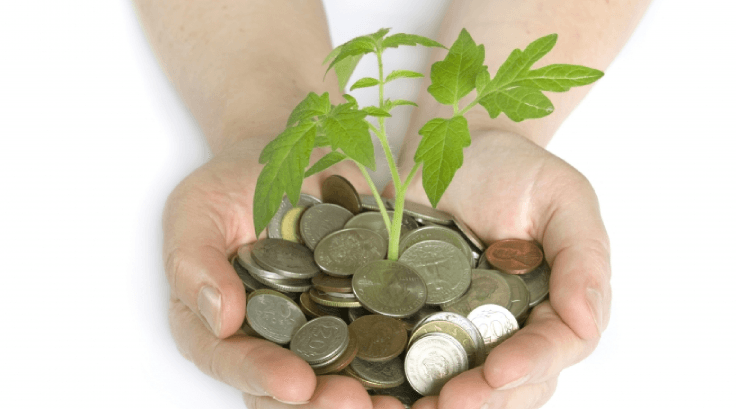
In times of economic uncertainty, it is important to take steps to protect our wealth and make sure it is safe. Whether we are facing a global financial crisis or a local recession, there are certain strategies we can implement to minimize the impact on our personal finances.
In this article, we present the 10 essential tips to protect your wealth in times of economic crisis. From diversifying investments to reducing unnecessary expenses, these tips will help you be prepared and keep your finances in order.
Keep your budget under control
One of the most important aspects of protecting your wealth during an economic crisis is keeping a budget under control. This involves having a clear idea of how much money is coming in and going out of your home, as well as setting clear limits on your spending.
To achieve this, it is essential to keep a detailed record of your income and expenses. You can do this using a spreadsheet or a specialized personal finance application. This way, you will be able to easily identify in which areas you are spending too much and make adjustments to reduce your expenses.
Another important aspect is to prioritize your expenses. That is, identify which expenses are really necessary and which are dispensable. In times of economic crisis, it is essential to reduce superfluous expenses as much as possible and focus on the essentials.
Finally, it is important to keep in mind that keeping a budget under control does not mean depriving yourself of everything. It is important to find a balance between saving and enjoying life. This means looking for cheaper alternatives to have fun and enjoy your free time, without compromising your personal finances.
Save for hard times
One of the most important measures to protect your assets in times of economic crisis is to save. It is advisable to have an emergency fund that covers at least three months of basic expenses, such as rent, utilities and food.
To achieve this, it is important to reduce unnecessary expenses and be disciplined in money management. You can make a monthly budget and assign a fixed amount to save each month.
It is also advisable to diversify your savings in different financial instruments, such as savings accounts, mutual funds and government bonds. This way, you reduce the risk of losing all your money in case of a financial crisis.
Remember that saving does not mean depriving yourself of everything you like or need. It's about being smart with your money and being prepared for any eventuality.
Reduce your unnecessary expenses
One of the first steps to protect your wealth in times of economic crisis is to reduce your unnecessary expenses. Carefully analyze your spending habits and eliminate those expenses that are not essential or that you can postpone for later.
You can start by reviewing your subscriptions to services you don't use often, such as magazines, TV channels or music apps. You can also reduce your entertainment expenses by opting for free or less expensive activities.
Another way to reduce your expenses is to save on energy and water by turning off appliances when not in use and avoiding wasting water in the shower or when washing dishes.
Remember that every euro you save can be used to strengthen your assets and protect yourself against possible financial difficulties.
Avoid unnecessary debts
One of the main tips to protect your wealth in times of economic crisis is to avoid unnecessary debts. In times of financial uncertainty, it is important to be cautious with spending and not acquire financial commitments that may be difficult to meet in the future.
Before going into debt, carefully evaluate whether you really need the product or service you are considering buying on credit. If possible, try to save to make the purchase in cash to avoid interest and additional charges.
If you have existing debts, prioritize their payment and try to pay them off as soon as possible. This will allow you to reduce your financial commitments and free up resources to face possible unforeseen events.
Remember that debts can generate stress and anxiety, so keeping them under control is essential to protect your assets and your emotional well-being.
Invest in safe assets
One way to protect your wealth is by investing in safe assets, such as real estate, gold and other precious metals, government bonds and stocks of stable and consolidated companies. These assets can offer greater stability in times of economic crisis and reduce exposure to financial risks.
Diversify your investments
Diversification is key to protect your assets in times of economic crisis. Don't put all your eggs in one basket, that is, don't invest all your money in one company or sector.
It is important to diversify your investments in different types of assets, such as stocks, bonds, real estate and precious metals. This way, if one sector or company is affected by the economic crisis, you will not lose all your money.
In addition, it is also advisable to diversify your investments geographically. Invest in different countries and regions to reduce the risk of a localized economic crisis.
Remember that diversification does not guarantee profits or total protection against losses, but it does help reduce risk and protect your wealth in the long term.
Consider gold as an investment option
Gold is traditionally considered a safe investment in times of economic uncertainty. Its value remains stable over the long term and is not subject to stock market fluctuations.
There are several ways to invest in gold, from buying bullion or coins to acquiring shares in mining companies. It is important to research and evaluate each option before making a decision.
In addition, it is important to remember that gold is not a foolproof investment and that its value can also fluctuate. Therefore, it is advisable to diversify your investment portfolio and not put all your eggs in one basket.
Protect your wealth with adequate insurance
One of the most important tips to protect your wealth is to have adequate insurance. There are different types of insurance that can help you cover risks and protect your assets and finances in case of unforeseen events:
- Home insurance: protects your home and belongings against possible damage or theft.
- Life insurance: provides financial security for your family in case of death.
- Health insurance: protects you against unexpected medical expenses.
- Auto insurance: covers damages you may cause to third parties in an accident, as well as damages to your own vehicle.
It is important to choose the right insurance for your situation and regularly review the coverage and sums insured to make sure you are well protected. Investing in insurance can be an excellent way to protect your assets and have peace of mind in the event of unforeseen events.
Seek professional financial advice
Do not try to face an economic crisis on your own. Seek the help of a professional financial advisor who can guide you in making important decisions related to your finances. A financial advisor can help you evaluate your options and develop a plan to protect your wealth and overcome the economic crisis.
Stay calm and don't make impulsive decisions during a financial crisis
One of the worst things you can do during a financial crisis is to make impulsive decisions. It is easy to get caught up in panic and uncertainty, but you must remain calm and think clearly before making any important decisions.
Before making any financial moves, take the time to carefully evaluate your options and consider the possible long-term consequences. If you are unsure how to proceed, seek financial advice from qualified professionals.
Remember that economic downturns are temporary and, although they can be difficult to overcome, they eventually pass. Keep a long-term perspective and do what you can to protect your wealth without compromising your financial future.






